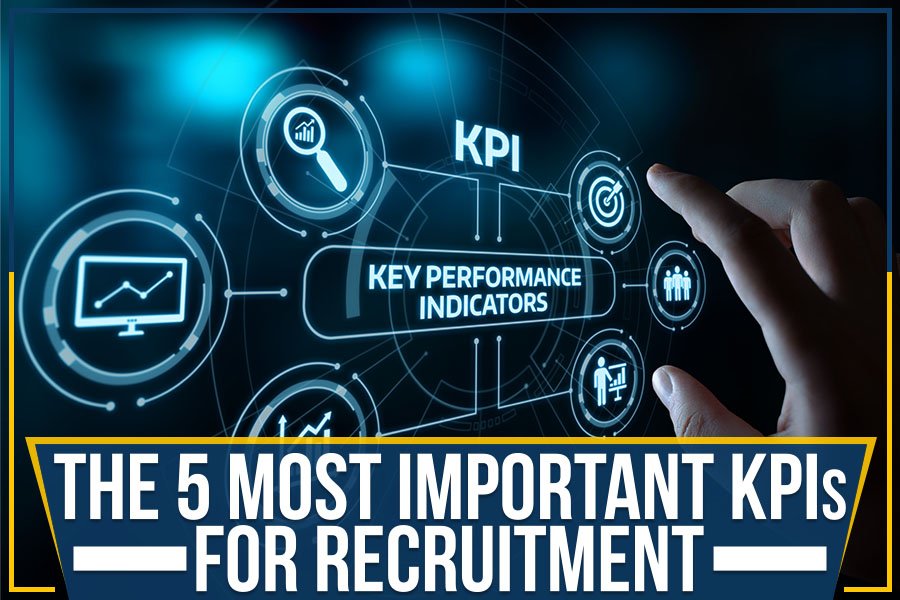The 5 Most Important KPIs For Recruitment
Measuring the success of your recruitment process is essential to optimizing it and improving your bottom line. But which KPIs for recruitment should you be focusing on? There is no one perfect answer to how to measure and optimize your recruitment process. However, there are five key performance indicators (KPIs) that you should always keep in mind. Mitsuoka and Company will discuss these KPIs and how you can use them to improve your recruitment efforts. Keep reading to learn more!
1. Time-to-Fill a Position
The first KPI we will discuss is time-to-fill. It measures the time it takes to fill a vacant position. Time to fill is crucial because it can directly impact your company’s productivity. Taking too long to fill a position may miss out on opportunities or revenue. To improve your time-to-fill, you can focus on speeding up your hiring process.
2. Quality of New Hires
Another important KPI is the quality of hire. This KPI measures the performance of new hires compared to existing employees. Quality of hire is important because it can impact your company’s bottom line. If you hire poor performers, it will cost your company money in the long run. To improve your hire quality, you can focus on attracting and hiring top talent.
3. Cost-Per-Hire
This KPI measures the cost of recruiting and hiring a new employee. Cost-per-hire is important because it can impact your company’s bottom line. If you spend too much money on recruiting and hiring, it will reduce your profits. To reduce your cost-per-hire, you can focus on reducing the time it takes to fill a vacant position or improving your quality of hire.
4. Turnover Rate
The fourth important KPI for recruitment is the turnover rate. It measures the percentage of employees who leave your company within a specific time. A high turnover rate can be costly for your company, so it’s essential to track this KPI and find ways to reduce it. Reducing your turnover rate includes offering better benefits and increasing communication between managers and employees.
5. Engagement Rate
The fifth and final important KPI is engagement rate. This KPI measures the percentage of actively engaged employees in their work. A high engagement rate is significant because your employees are productive and happy with their jobs. To increase your engagement rate, you can focus on creating a positive work environment and providing opportunities for employee development.
Ending Note
Do you need help measuring and optimizing your recruitment process? Mitsuoka and Company can assist you with all of your hiring needs. We are a full-service staffing agency helping businesses in the Atlanta area find the best talent for their open positions since 2018. Our team understands what it takes to find top-notch candidates, and we work tirelessly to optimize your recruitment process. Contact us today to learn more about our services or find the perfect candidate for your next position!

